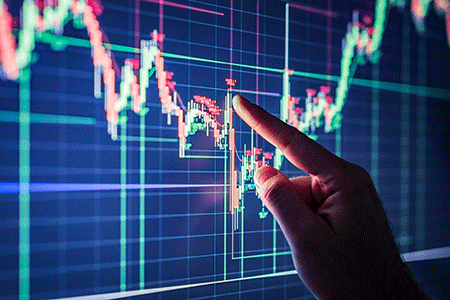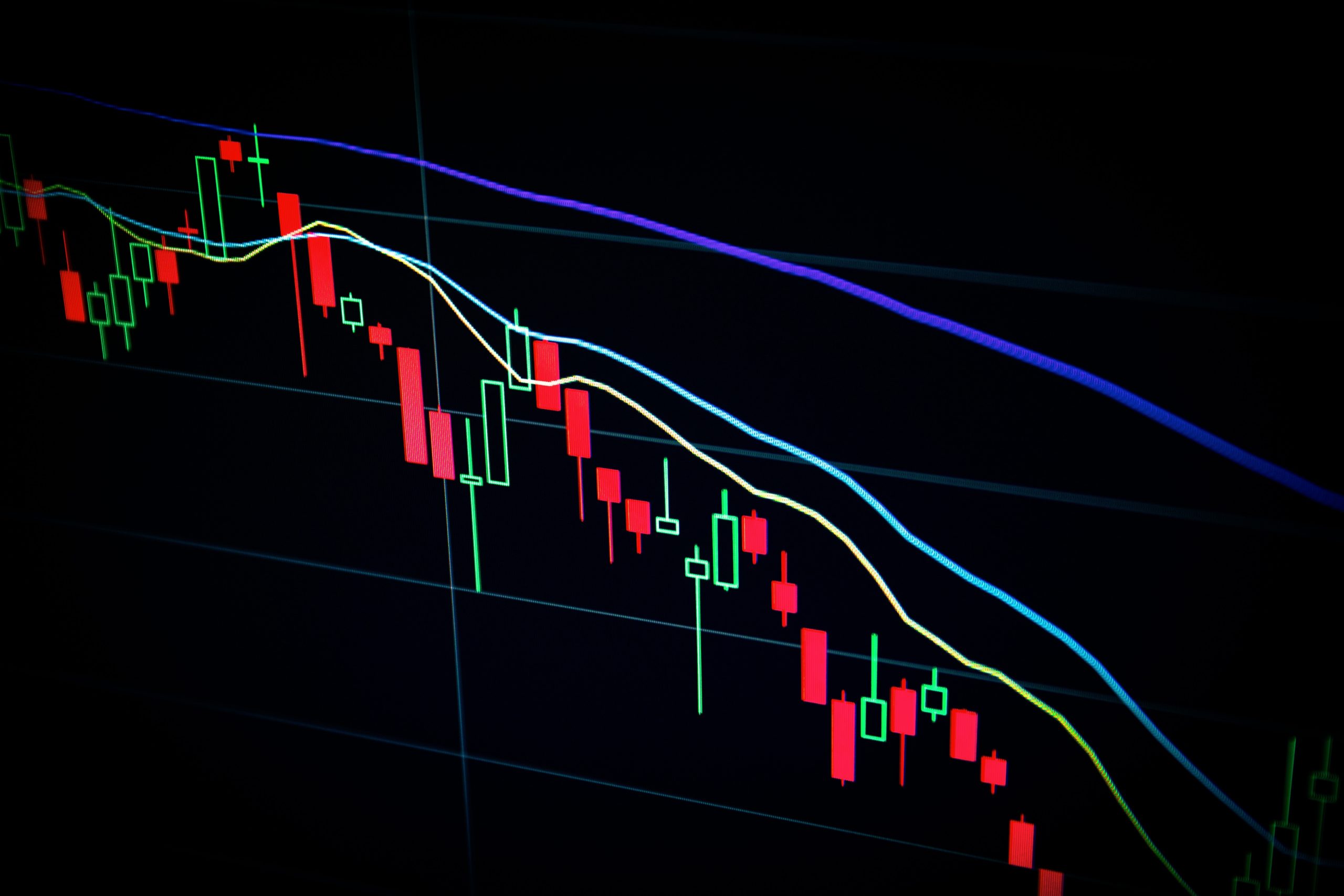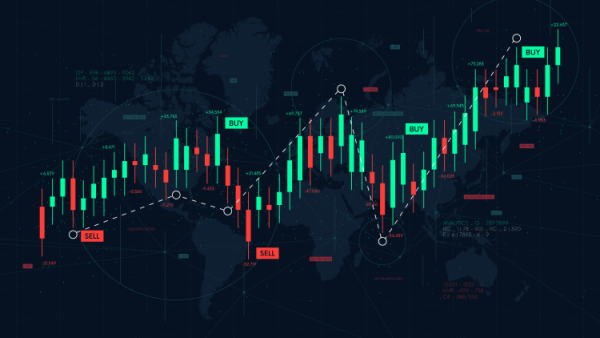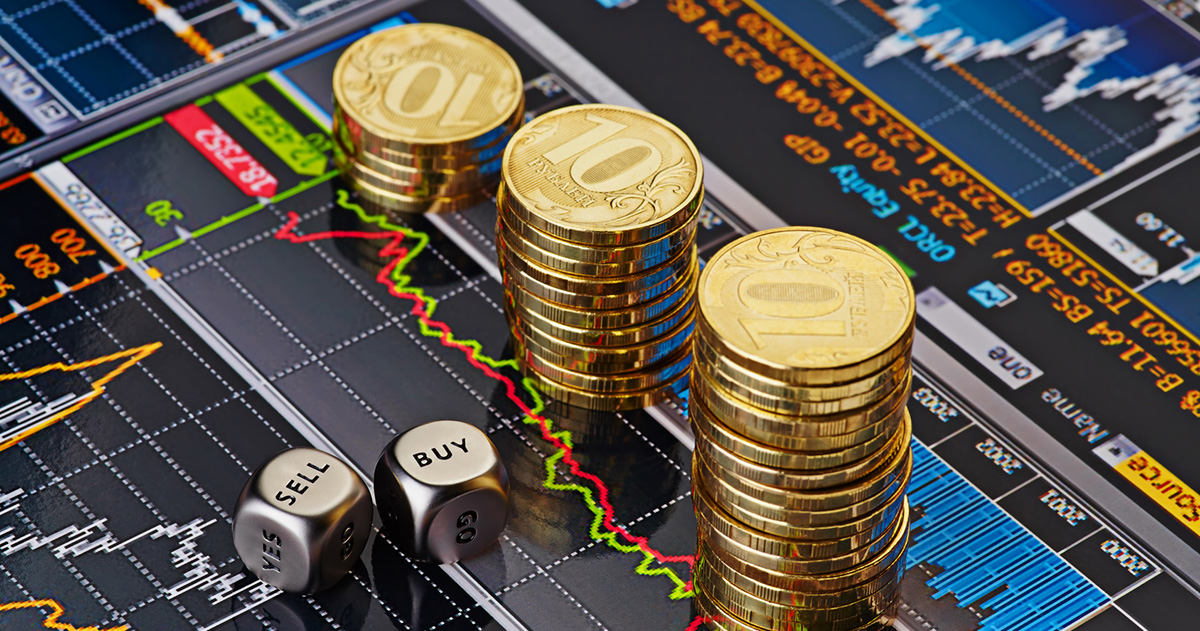The integration of artificial intelligence (AI) into the stock trading industry has brought about a revolution in trading solutions. With the availability of ready-made trading services and the option to build trading robots, investors with less capital can now enjoy more professional and advanced trading solutions. The future of trading is expected to continue innovating with efficient algorithms and data-driven platforms, offering investors more opportunities to maximize their returns.
The use of AI-powered trading solutions and algorithm-based trading is slowly becoming the norm in the trading industry. These solutions provide investors with cutting-edge technology that enables them to make smarter trading decisions and maximize their profits.
In this article, we explore the best AI stock trading software, platforms, bots, and apps for 2023. We also analyze the algorithm methodology and machine learning potential of these solutions, as well as the predictive algorithms used in trading.
Finally, we offer expert advice from Alexander, founder of daytradingz.com, and highlight the pros and cons of AI-powered trading. With this information, investors can make informed decisions about the future of their trading strategies and adapt to the changing landscape of the trading industry.
Key Takeaways
- AI-powered solutions have made trading more professional and advanced.
- Ready-made trading services are available for investors with less capital.
- Efficient algorithms are crucial for successful AI-powered trading.
- Algorithm-based trading follows a straightforward methodology of gathering and organizing financial data, constructing a trading algorithm, and fine-tuning it using a training set and a test set.
AI Stock Trading Platforms
The use of AI-powered stock trading platforms, such as Trade Ideas, TrendSpider, and Blackboxstocks, has become increasingly popular among investors seeking professional and advanced trading solutions. These platforms employ a variety of algorithms to help users find potentially profitable trading scenarios and automate the analysis part of trading.
With investment strategies becoming more complex, AI-powered solutions are necessary to provide investors with accurate market analysis and identify profitable trades. Investors can benefit from using these platforms to analyze historical data and identify potential trends.
The use of AI-powered solutions in trading can reduce the time and effort involved in manual analysis, allowing investors to focus on executing trades based on the insights provided by the platforms. As technology continues to innovate in trading, AI-powered solutions are likely to become even more prevalent in the future of trading.
Popular Solutions
Utilizing AI technology has become increasingly popular in the realm of stock trading, with a plethora of trading software and platforms available for investors seeking to automate their trading strategies and streamline their decision-making processes.
However, there is a debate between using ready-made solutions or custom-built ones. While ready-made solutions may be cost-effective and require less technical expertise, they may not be as effective as custom-built solutions that are tailored to specific trading strategies and goals.
The effectiveness of AI-powered trading services also depends on the cost of the service. While some services may be expensive, they may provide more advanced algorithms and features that can potentially lead to higher profits.
It is important for investors to weigh the cost versus effectiveness of the AI-powered trading services they choose to use. Ultimately, the decision to use ready-made or custom solutions depends on an investor’s individual goals, technical expertise, and budget.
Algorithm Methodology
Implementing an effective methodology for algorithmic trading requires careful consideration of financial data, training and testing sets, and the construction of a profitable trading algorithm, all of which can lead to significant financial gains and a sense of accomplishment for skilled investors.
The first step is to gather financial data, which can include historical price data, news articles, and social media sentiment. This data is then organized and divided into a training set and a test set.
The training set is used to fine-tune the algorithm, while the test set is used to put it into action.
Algorithm optimization is a critical aspect of algorithmic trading. Data analysis techniques, such as machine learning algorithms, can be used to identify patterns in data that may be useful in predicting future market trends.
A well-performing algorithm can be successful in at least 85% of trades, leading to significant financial gains for investors.
As technology continues to develop, the future of trading will likely be increasingly powered by AI and algorithm-based solutions.
Machine Learning Potential
Machine learning has the potential to revolutionize the investment industry by providing investors with valuable insights and unlocking hidden market patterns. Beyond traditional stock trading, machine learning applications can be used to analyze vast amounts of data from various sources such as social media, news articles, and weather reports to predict market trends.
This technology can also be applied to other areas of finance, such as credit risk analysis and fraud detection. However, ethical considerations must be taken into account when implementing AI-powered trading, as the use of algorithms can lead to biased decision-making and information asymmetry.
To address these concerns, transparency and accountability should be prioritized in the development and use of AI-powered solutions. It is important to ensure that the algorithms used are unbiased and free from discriminatory practices. Additionally, human oversight and input should be incorporated into the decision-making process to prevent potential errors and ensure that ethical standards are upheld.
As machine learning continues to evolve, it is essential that industry professionals work to balance the benefits of this technology with ethical considerations to create a more inclusive and equitable investment landscape.
Predictive Algorithms in Trading
Predictive algorithms are commonly employed in the stock trading industry to analyze and predict market trends. These algorithms use data-driven analysis and research to identify patterns and trends in the stock market that can be used to forecast future market movements.
By analyzing historical data and market variables, these algorithms can identify opportunities for profitable trades and provide traders with insights into market trends.
Market forecasting through predictive analytics is becoming increasingly important in the stock trading industry. With the rise of artificial intelligence and machine learning technologies, predictive algorithms are becoming more advanced and accurate, allowing traders to make more informed decisions based on data-driven insights.
As the stock market continues to evolve, predictive analytics will play an increasingly important role in helping traders stay ahead of market trends and make profitable trades.
Expert Advice from Alexander
The founder of daytradingz.com, Alexander, offers expert advice on utilizing artificial intelligence for stock trading. With 20 years of experience in the financial markets, Alexander understands the potential benefits and drawbacks of AI-powered solutions.
While AI can provide traders with valuable insights and improve efficiency, there are also pitfalls to be aware of, such as the risk of over-reliance on algorithms and the potential for unexpected market events to disrupt AI-powered strategies.
To succeed in AI trading, Alexander advises traders to carefully evaluate the strengths and weaknesses of different AI-powered solutions, as well as to constantly monitor and adjust their strategies. He also emphasizes the importance of staying up-to-date on the latest technological advancements and market trends.
Ultimately, Alexander believes that AI-powered solutions have the potential to revolutionize the trading industry, but success in this field requires a combination of technical expertise, data-driven analysis, and a forward-thinking mindset.
Frequently Asked Questions
How do AI-powered stock trading platforms differ from traditional trading platforms?
AI-powered stock trading platforms differentiate themselves from traditional trading platforms through their advanced use of real-time analytics and predictive modeling. With the help of complex algorithms, these platforms can analyze vast amounts of data to identify trends and make informed trading decisions. This can lead to higher profitability and greater efficiency in trading.
However, there are also regulatory concerns regarding the use of AI in trading, as well as potential impacts on the financial job market. Despite these concerns, the use of AI in trading is likely to continue to grow as technology advances and the demand for faster and more accurate trading solutions increases.
Are there any risks associated with using AI-powered solutions for trading?
The use of AI-powered solutions in trading comes with certain risks, including ethical implications and potential biases. As algorithms are developed and optimized through machine learning, they may inadvertently perpetuate bias and discrimination that exist in the data sets used for training.
Furthermore, the use of AI in trading raises ethical concerns around the accountability and responsibility of decision-making. While AI has the potential to improve trading efficiency and profitability, it is important to consider these risks and ensure that the development and implementation of AI solutions are guided by ethical principles and rigorous testing to avoid potential negative consequences.
Can individual investors with limited capital still use AI-powered trading solutions?
As the adage goes, “money makes money,” but low cost AI solutions are democratizing trading and making it more accessible to individual investors with limited capital.
AI-powered trading solutions such as Trade Ideas, TrendSpider, and Blackboxstocks are available to investors with smaller budgets and can help them make informed decisions based on predictive algorithms and analysis of large amounts of data.
These solutions employ advanced technology and efficient algorithms to make trading more professional and advanced, similar to the approach human analysts use.
With the availability of ready-made solutions, individual investors with limited capital can still benefit from the power of AI to make profitable trades.
How does machine learning technology improve the efficiency of trading algorithms?
Machine learning applications have the potential to improve the efficiency of trading algorithms by utilizing predictive analysis techniques. By analyzing large amounts of historical data, machine learning algorithms can identify patterns and trends that are relevant to predicting future stock prices. This approach allows traders to make more informed decisions and minimize the risks associated with trading.
Additionally, machine learning can help traders to automate the trading process, enabling them to execute trades faster and more efficiently. This forward-thinking and innovative mindset can be highly beneficial for traders who have a subconscious desire for freedom and flexibility in their trading strategies.
Overall, the use of machine learning technology in trading algorithms is a data-driven approach that has the potential to enhance the profitability of trading for individual investors and institutions alike.
What are some common mistakes to avoid when using algorithm-based trading methods?
Common algorithm pitfalls can lead to inaccurate predictions and poor trading decisions. To improve algorithm accuracy, it is important to avoid overfitting, which occurs when an algorithm is too closely tailored to past data and fails to account for new market conditions.
Other pitfalls include not properly accounting for transaction costs, failing to adjust for changes in market volatility, and relying too heavily on a single indicator or model.
To avoid these mistakes, traders must continually test and refine their algorithms, incorporating new data and adjusting their approach as necessary. Only by taking a data-driven, forward-thinking approach can traders hope to achieve success in today’s complex and ever-changing financial markets.
Conclusion
The integration of artificial intelligence in stock trading has brought about significant changes in the industry, allowing for more advanced and efficient trading solutions. Both ready-made trading services and custom-built trading robots are available for investors, providing various options for trading with AI.
As the future of trading continues to evolve, it is essential to explore the best AI stock trading software, platforms, bots, and apps for 2023. The use of algorithm-based trading and machine learning algorithms has the potential to revolutionize the stock market, providing more accurate predictions and better returns on investment.
From popular solutions to algorithm methodology and machine learning potential, this article has explored various aspects of AI-powered trading. Predictive algorithms have been identified as a critical component of AI-powered trading, providing traders with more insights into market trends and stock performance. Expert advice from Alexander, founder of daytradingz.com, has also been included, offering valuable insights into the best practices for AI-powered trading.
As we continue to witness the rapid development of AI-powered trading solutions, it is crucial to keep an eye on the potential risks and limitations of this technology. While AI can provide more efficient and accurate trading solutions, there is always the possibility of errors and unforeseen market changes. Therefore, it is essential to have a forward-thinking and innovative mindset when approaching AI-powered trading.
In conclusion, as the stock market continues to evolve, it is clear that AI-powered solutions and algorithm-based trading will play a crucial role in shaping the future of trading. The use of machine learning algorithms, predictive analytics, and other AI-powered technologies will provide traders with more accurate insights into market trends and stock performance. However, it is important to remain vigilant and aware of the potential risks and limitations of AI-powered trading. As we move into the future, the question remains: how will AI-powered trading continue to transform the stock market?











